AeroGenie — Uw intelligente copiloot.
Trending
Categories
United Airlines CFO Says AI Has Led to 8% Job Cuts, More Expected
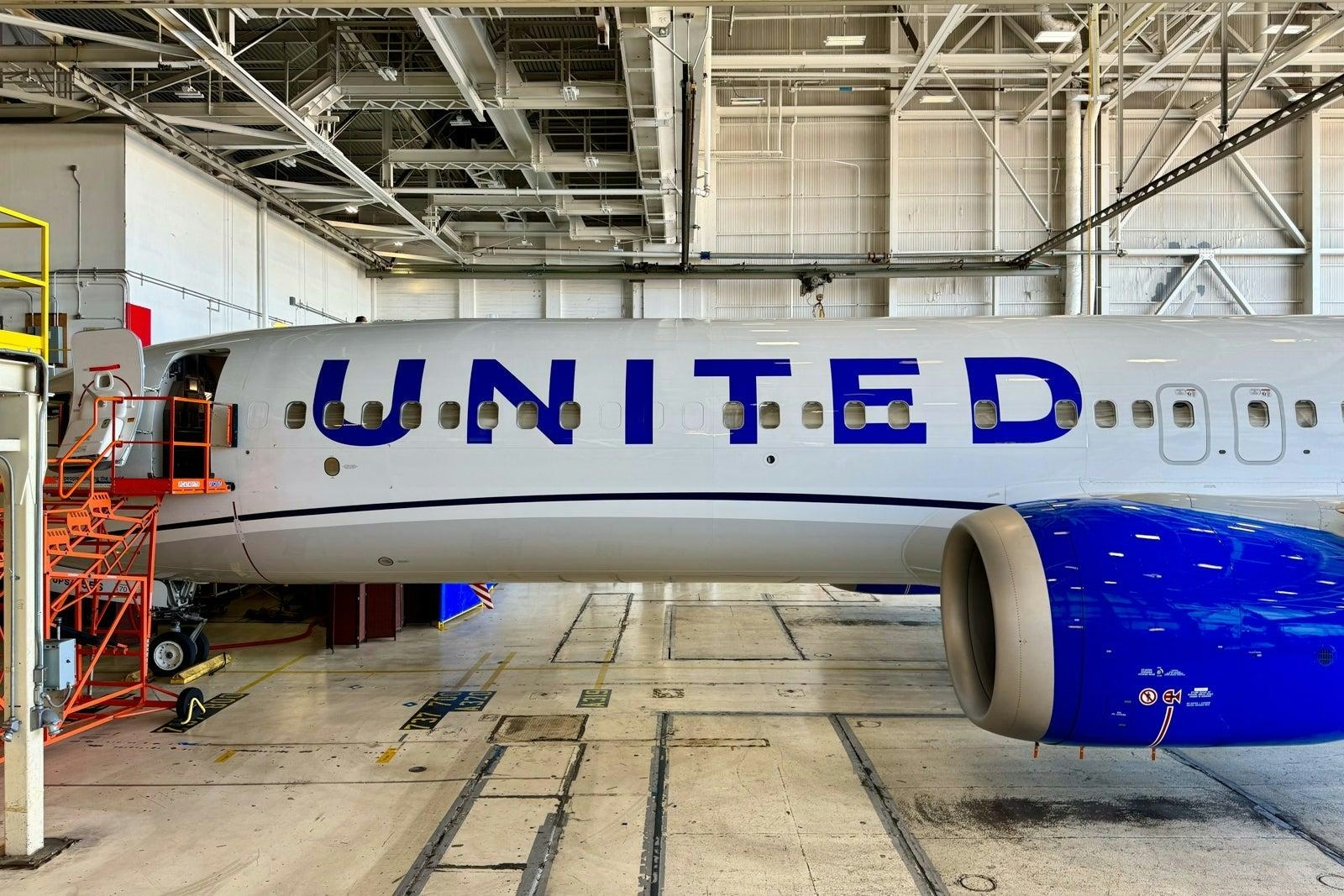
United Airlines Accelerates AI Adoption, Resulting in Workforce Reductions
Chicago-based United Airlines is intensifying its integration of artificial intelligence (AI) across multiple divisions, leading to notable job cuts at its headquarters and beyond. During the company’s third-quarter earnings call, Chief Financial Officer Mike Leskinen revealed that management headcount has already declined by 4% compared to the previous year, with an additional 4% reduction anticipated by 2026. These workforce changes are directly attributed to process improvements driven by AI, marking a significant shift in the airline’s operational model.
This development at United reflects a broader industry trend, as companies across sectors increasingly leverage AI to enhance efficiency. Outplacement firm Challenger, Gray & Christmas reports that over 17,000 jobs have been eliminated this year in the technology sector and other industries due to AI adoption. In aviation, United’s approach parallels that of Lufthansa, which plans to cut 4,000 positions by 2030 through automation initiatives aimed at boosting operational efficiency.
Comprehensive AI Integration Across United’s Operations
United Airlines has deployed AI technologies extensively within its operational, financial, and customer service functions, initially focusing on its Chicago headquarters before expanding to other core areas. In customer support, AI systems now manage a growing volume of interactions via chat, email, and social media, handling routine tasks such as rebookings, baggage tracking, and voucher issuance. Human agents are increasingly reserved for complex or exceptional cases.
In finance and back-office operations, routine accounting processes including accounts payable and receivable have been automated. AI tools perform document extraction and initial reviews, reducing manual errors and accelerating processing times. Marketing and loyalty programs also benefit from AI assistance in content generation, audience segmentation, and campaign analytics, while human teams concentrate on strategic partnerships and overarching campaign direction.
United is further employing AI in revenue management through continuous, dynamic pricing models that forecast demand and adjust fares in real time. Human analysts maintain oversight of strategy and exceptions. Network planning and scheduling have been enhanced by AI tools that optimize aircraft utilization while managing constraints such as maintenance schedules, airport curfews, and connectivity requirements, balancing efficiency with operational reliability.
Crew management and disruption recovery have seen improvements through machine learning applications that refine scheduling and enable rapid responses to operational disturbances, addressing vulnerabilities exposed by previous industry crises. In maintenance and technical operations, predictive maintenance and AI-based diagnostics streamline planning processes, although technicians remain indispensable for hands-on tasks.
Roles Protected from Automation and Financial Outlook
Despite the rapid expansion of AI, certain positions remain insulated from automation due to regulatory and safety considerations. Pilots and flight attendants continue to be protected under current U.S. laws and union agreements, and air traffic control functions remain outside the scope of AI-driven transformation for the time being.
Financially, United Airlines reported a third-quarter profit with operating revenue increasing by 2.6% year-over-year to $15.2 billion, despite a slight decline in overall profit. The company’s assertive AI strategy forms part of a broader effort to maintain technological leadership within the aviation sector, emphasizing internal efficiency and process optimization rather than customer-facing shortcuts that have challenged other firms.
As United expands its AI capabilities, further workforce reductions are expected, reflecting a growing trend not only within the airline industry but across the wider economy.
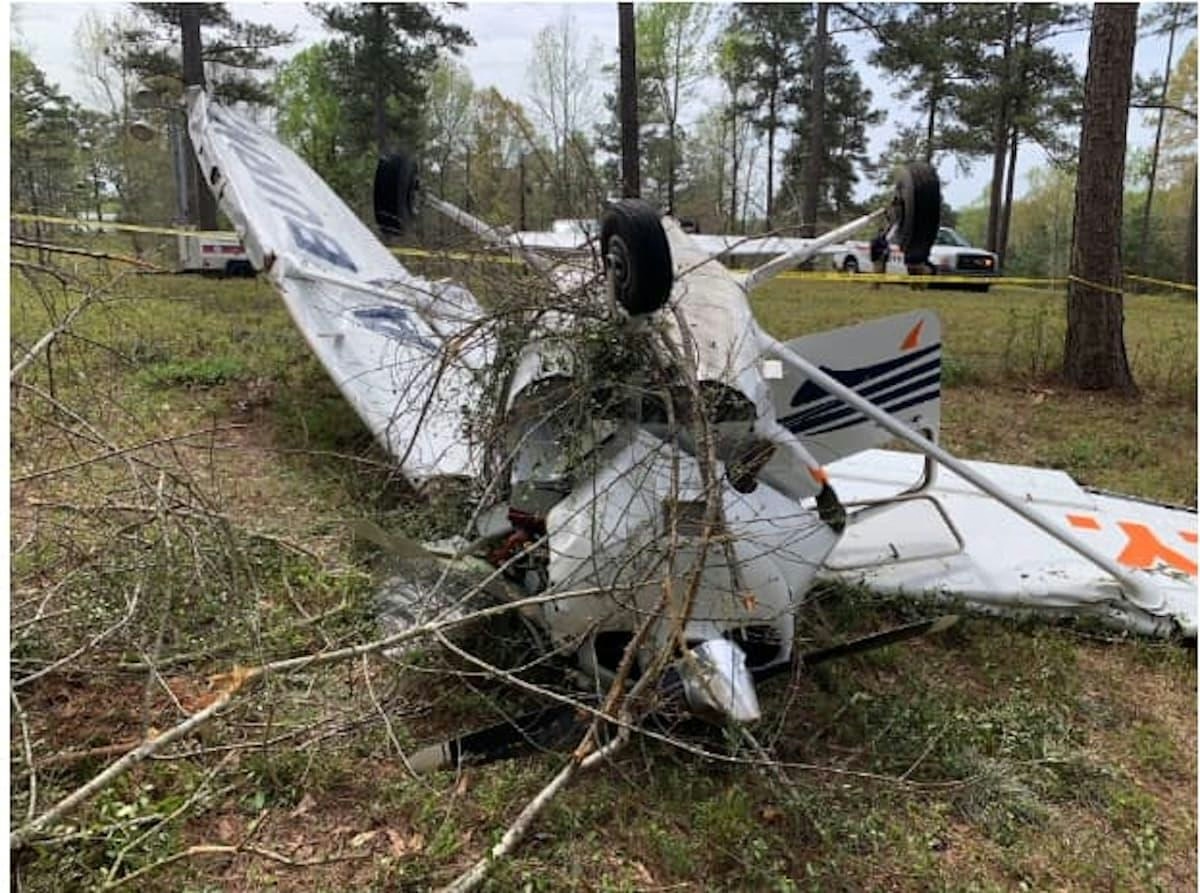
Contaminated Fuel Injector Causes Emergency Landing
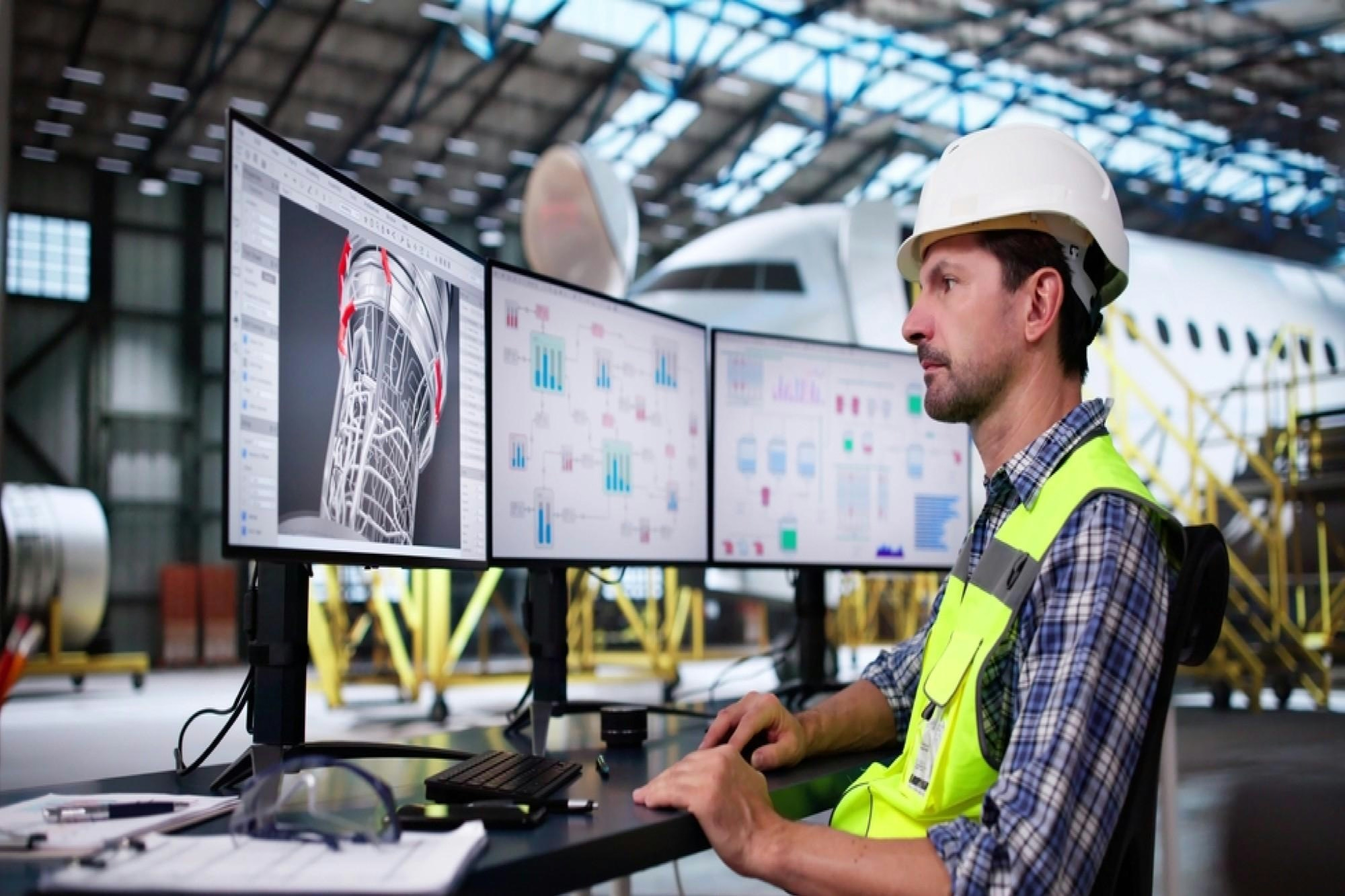
Sahar Group Adopts Ramco Aviation Software to Support Growth
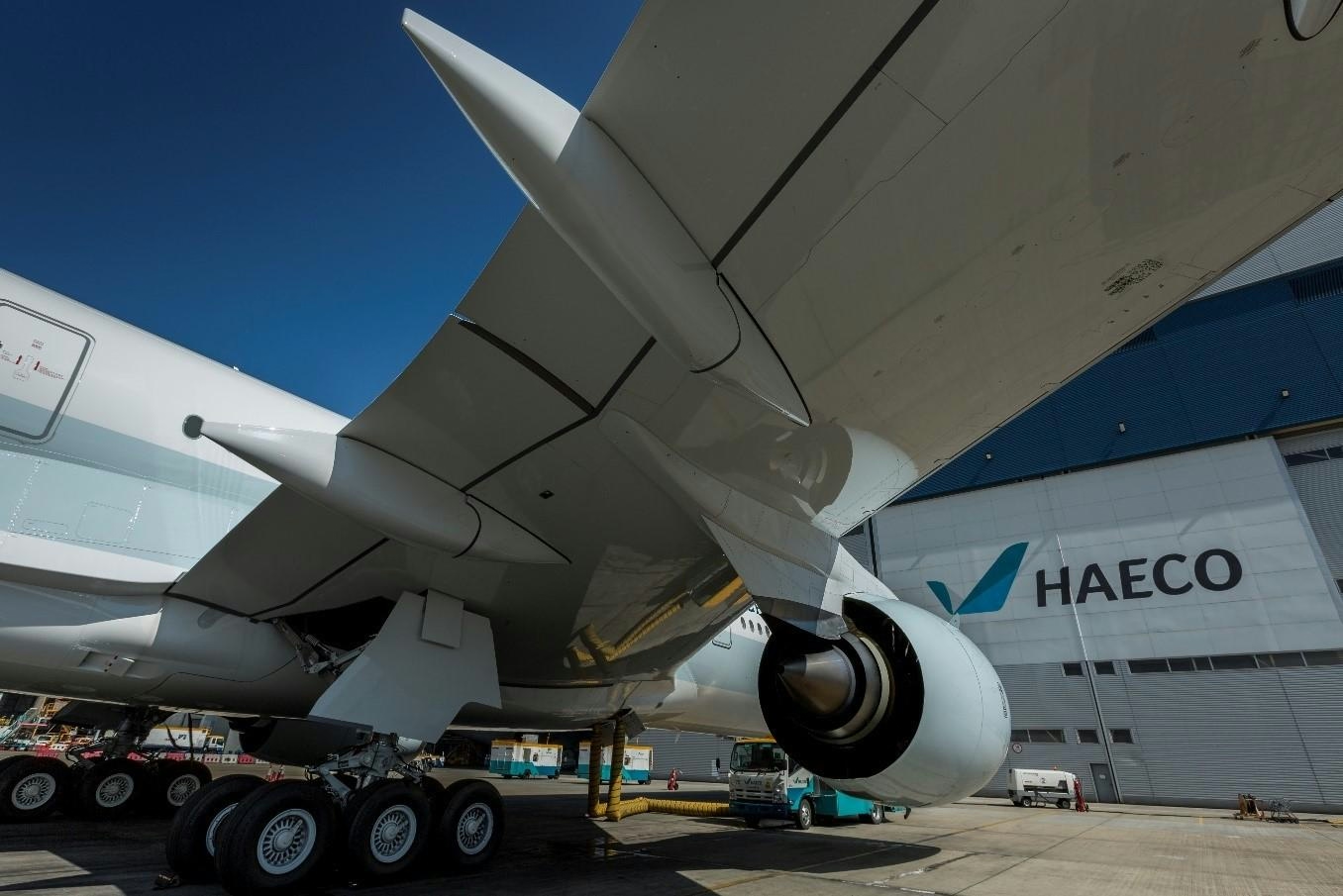
Deucalion Leases Three A330 Aircraft to Wamos Air

Acron Aviation Opens Global Headquarters in St. Petersburg, Florida
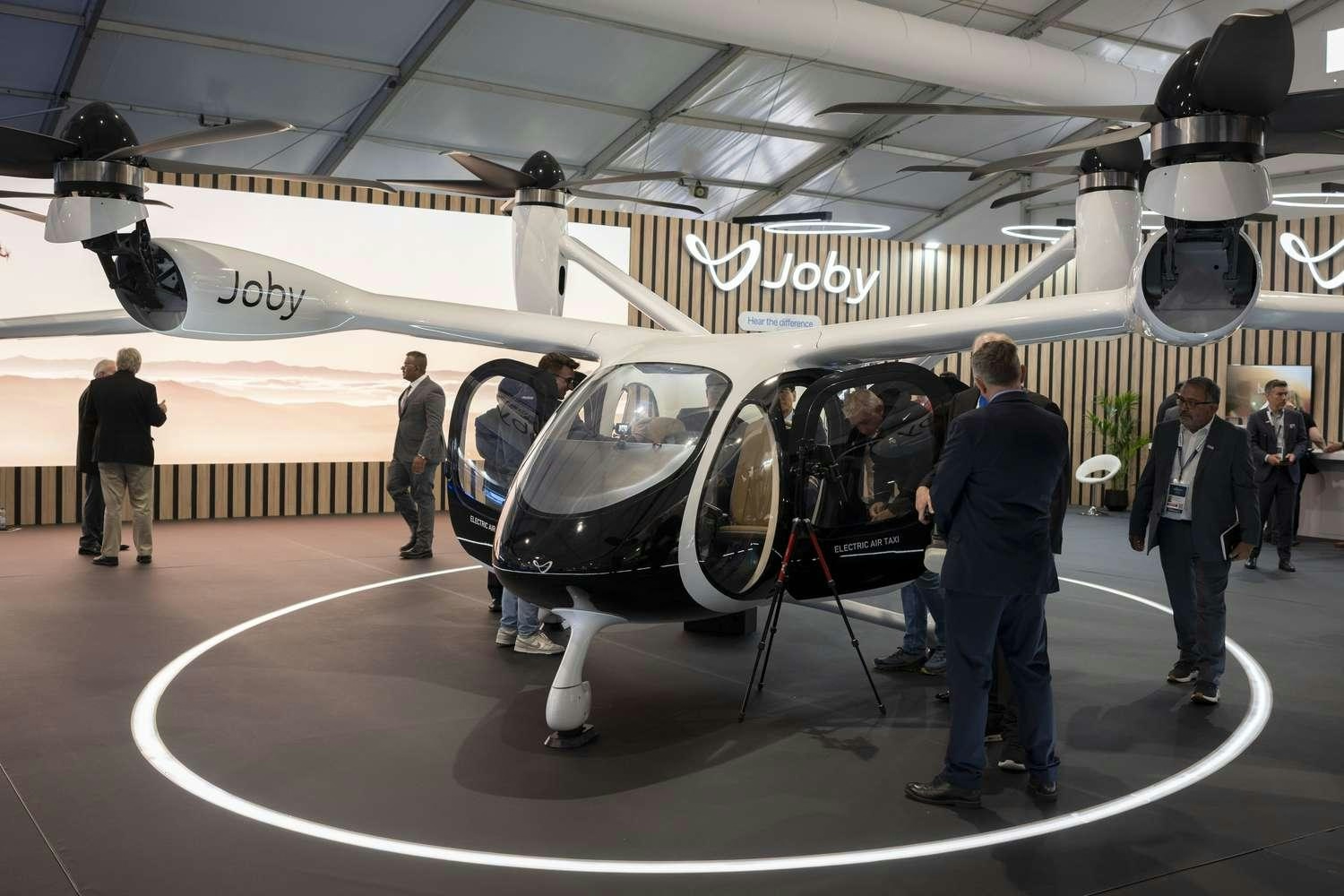
Will Uber and Joby Aviation Stocks Rise After Recent Announcements?
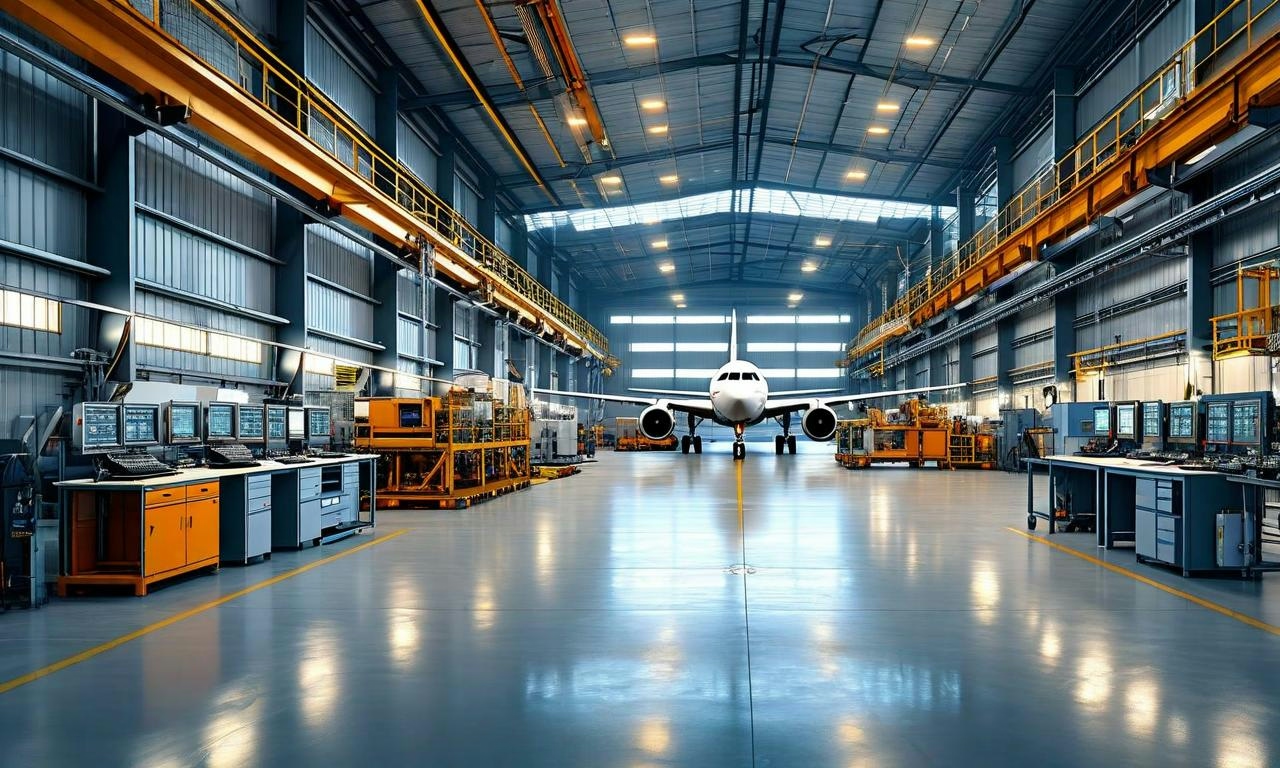
Ramco Systems Secures Aviation Software Contract with Sahar Group for MRO Digital Transformation
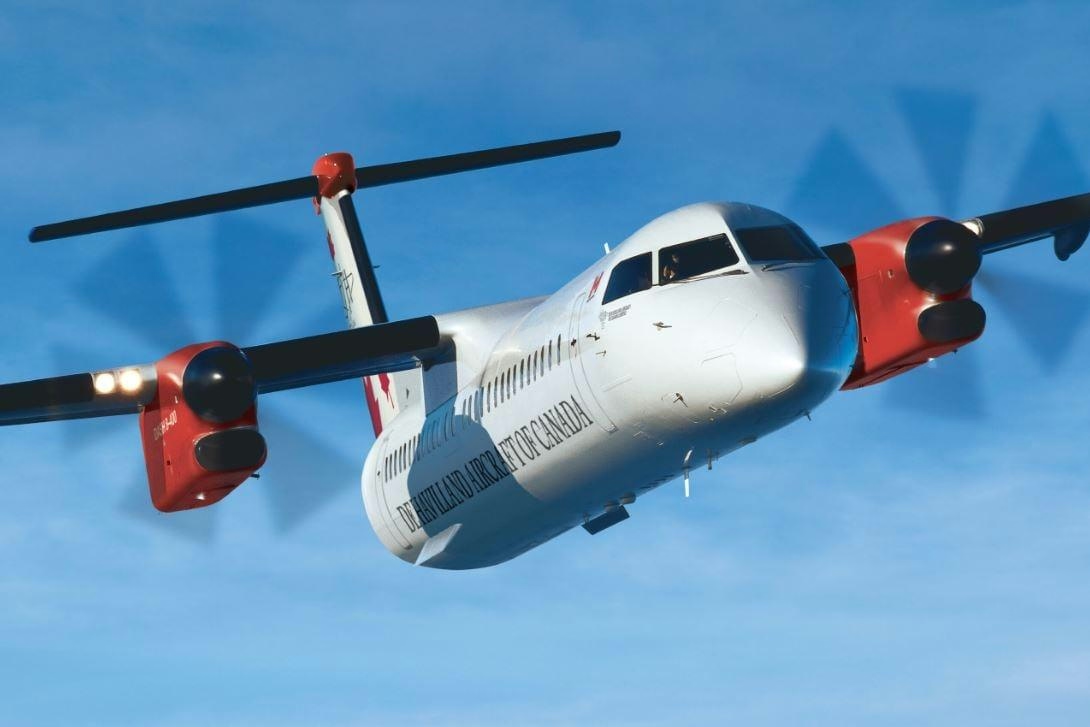
WLFC Finalizes Leaseback of Six Dash 8-400 Aircraft with Porter Airlines
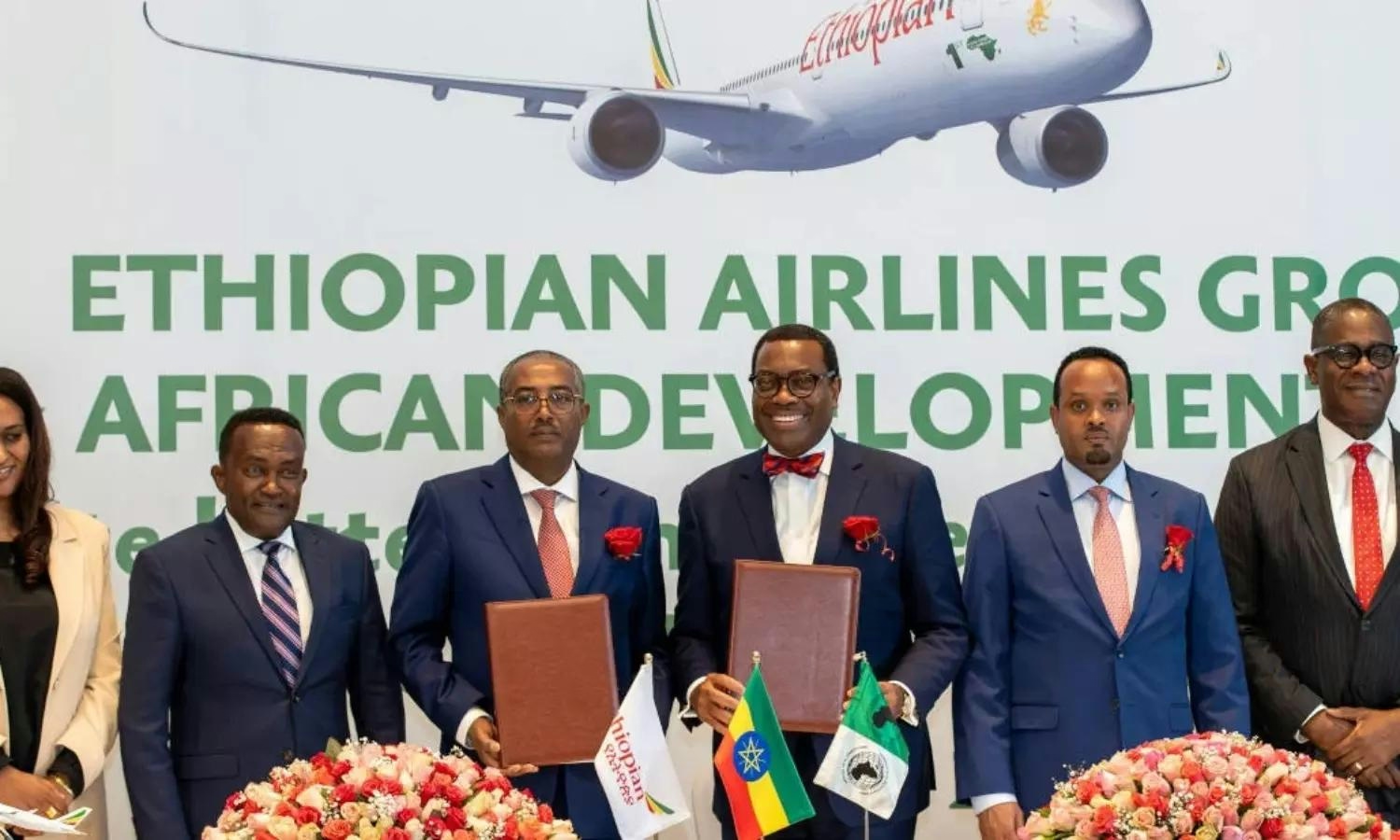
Global Aviation Financier Expands Operations in Africa
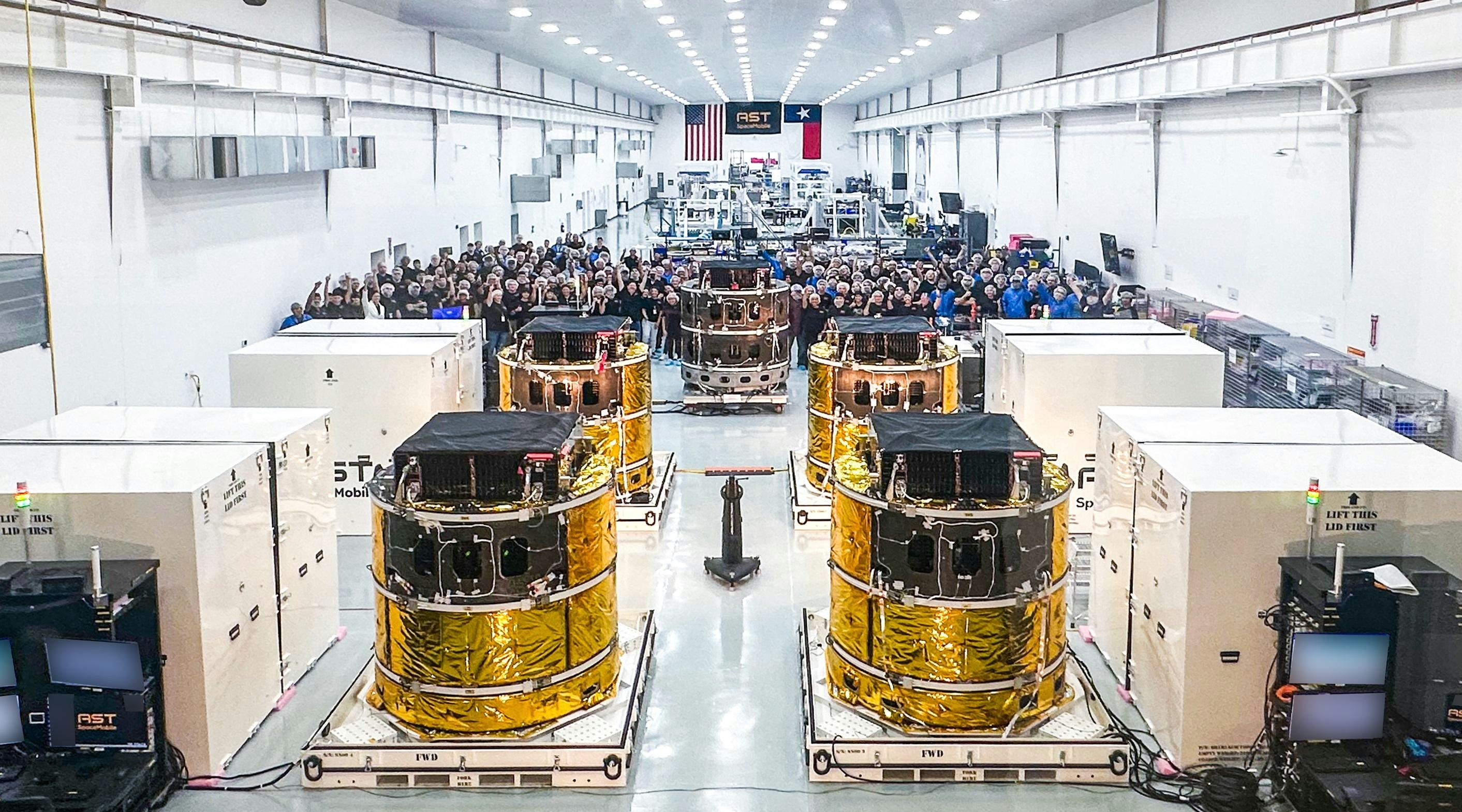
Project Bluebird Named Winner of C2I 2025
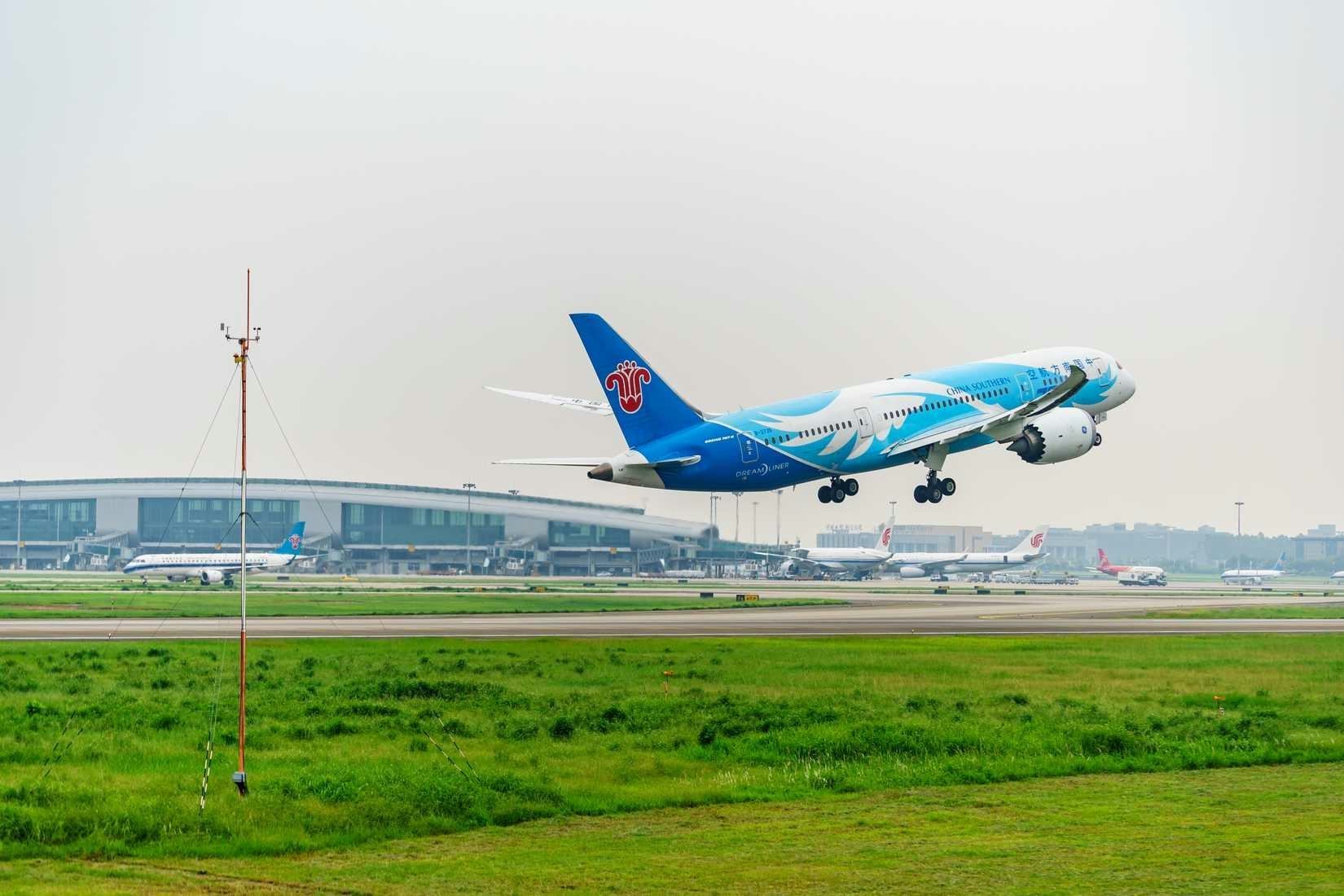
China Southern Sells 10 Boeing 787-8 Jets to Thai Airways in Historic Online Auction
